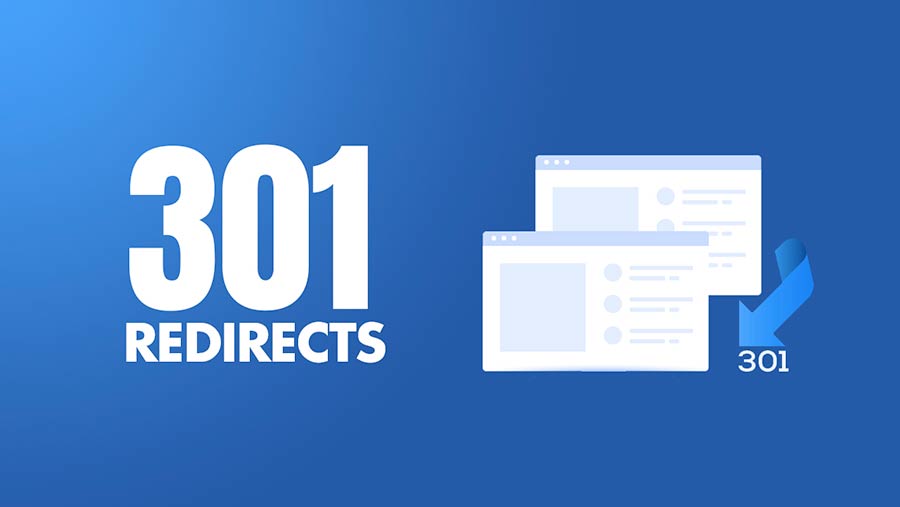Are you planning to migrate your website from one domain to another? If so, then there is an important step in the process that you will need to consider before launching your new site – 301 redirects. But what are they, and why are they important? Read on to find out!
What Is a 301 Redirect?
A 301 redirect, also known as a “permanent redirect” or “moved permanently” is a way of sending both users and search engines to a different URL than the one they originally requested. This type of redirect tells search engine bots that the previous URL has been permanently moved and that any ranking value should be transferred from the old page to the new one. This is especially important if you have pages with good search engine rankings that you want to continue benefiting from after migrating your website.
Why Are 301 Redirects Important When Migrating a Website?
When migrating a website, it is essential to use 301 redirects to maintain rankings. Without them, search engines may stop indexing pages on your old website, which means you could potentially lose out on valuable organic traffic from existing customers and prospects who are searching for certain topics related to your business. Furthermore, if you don’t properly set up 301 redirects for your new website, this could also lead to broken links or 404 errors—which can cause frustration for visitors and damage your reputation as a reliable source of information online.
301 Redirects also allow you to retain link equity from your old pages by redirecting them to relevant pages on your new site. Link equity refers to how much authority search engines assign each URL based on how many other websites link back to it and how popular those websites are themselves. This helps boost rankings and increase visibility in SERPs (search engine results pages). It also ensures that any backlinks pointing to an outdated page won’t go wasted—they will be passed onto the corresponding page on your new site instead.
How To Properly Implement Them
The implementation of 301 redirects should be done correctly for them to work properly and deliver optimal results. To do this, you’ll need access (or permission) to edit both domains’ server files—specifically .htaccess file—which can sometimes require working closely with a web development team or web hosting provider depending on your technical skill level and access permissions granted by those in charge of each server/domain/site respectively. Once access has been granted, creating individual page-level 301 redirects from every page on an existing domain/site generally takes less than an hour—depending on how many total pages need to be redirected—and often they only require copy-and-pasting code snippets into respective pages .htaccess file(s). However, if you’re not comfortable working with server files directly then having an experienced SEO agency handle setting up these necessary website migrations is highly recommended as improperly implemented code has been known to cause issues with webpages loading correctly (or at all).
Conclusion
Migrating your website from one domain to another can be an intimidating task but implementing 301 redirects should make things much easier – while helping ensure that your hard-earned rankings don’t get left behind in the migration process! This type of permanent redirect sends both users and search engine bots to the new URL while transferring any existing ranking value; allowing you to maintain organic traffic levels and visibility in SERPs without any disruption or missing pages appearing as 404 errors. Although setting up these types of redirects does require some technical know-how (or plugin installation), it can help save time and frustration down the road – making it well worth putting in some extra effort upfront!











